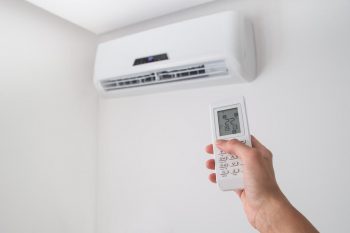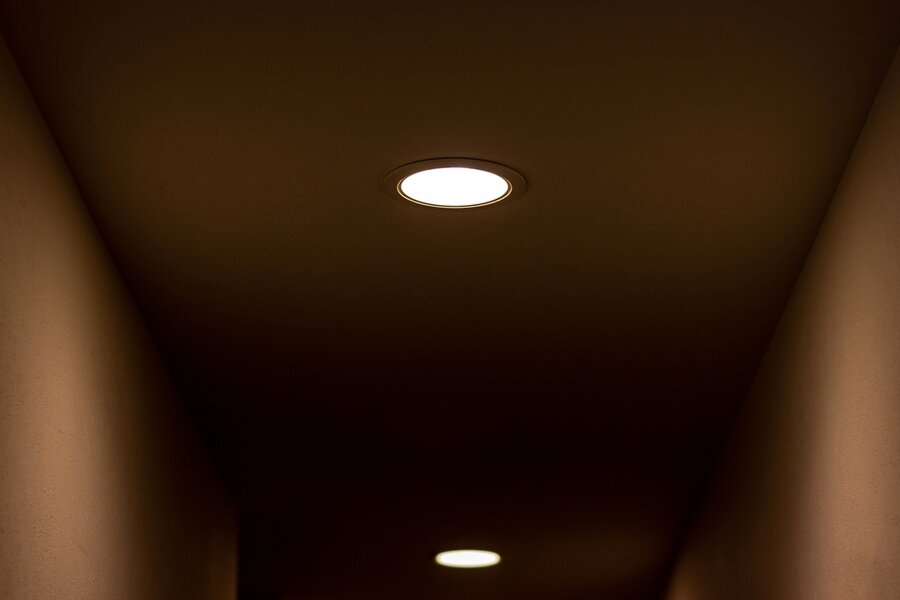
Have you ever noticed as soon as you turn on the AC or any other heavy appliance, the light of your room flickers or turns dim? Well, this is not the only case with you, it happens to most of us!
After noticing this behavior, you might be questioning the reason behind it. Moreover, you might be thinking if this is bad or is completely fine.
Well, this article is here to address all of your concerns related to the dimming of the lights as soon as you turn on an appliance.
Whether or not the issue is bad will be determined by the reason behind it. Once the issue is identified, you can take proper steps to eliminate and fix the problem.
Most of the time, as soon as you turn on a heavy appliance in your home, you experience a dimming of lights all over the house.
There can be many reasons behind this. Although some can be easy fixes, others will require proper attention to be resolved.
- Outdated wiring in your house.
- Use of weak light bulbs.
- Overloading of home circuits.
- Issues with the power grid.
- Poor ground and neutral connections.
You can fix the problem yourself by taking proper safety measures.
However, leaving the risky electric work to an experienced technician or your local electric company is most suitable.
This article will explain why the lights in your house dim when your turn on appliances. Moreover, you will find ways to resolve any underlying issues causing this phenomenon.
5 Reasons Why Your House Lights Dim When You Turn On Appliances
If you often realize that the lights in your home turn dim suddenly, especially when you turn on some heavy appliance, you might be facing an electrical issue.
The dimming or flickering of the lights is simply a sign, warning you to resolve the issue at your end.
Sometimes the issue might be a simple DIY and sometimes require you to call a professional immediately. The issue can range from a simple wiring problem to a large fire explosion hazard.
Always be vigilant to save your family, your home, and yourself.
Since it is always recommended to understand the underlying causes before designating a plan of action, you will learn 5 of the commonest reasons for the issue below.
1. Outdated Wiring
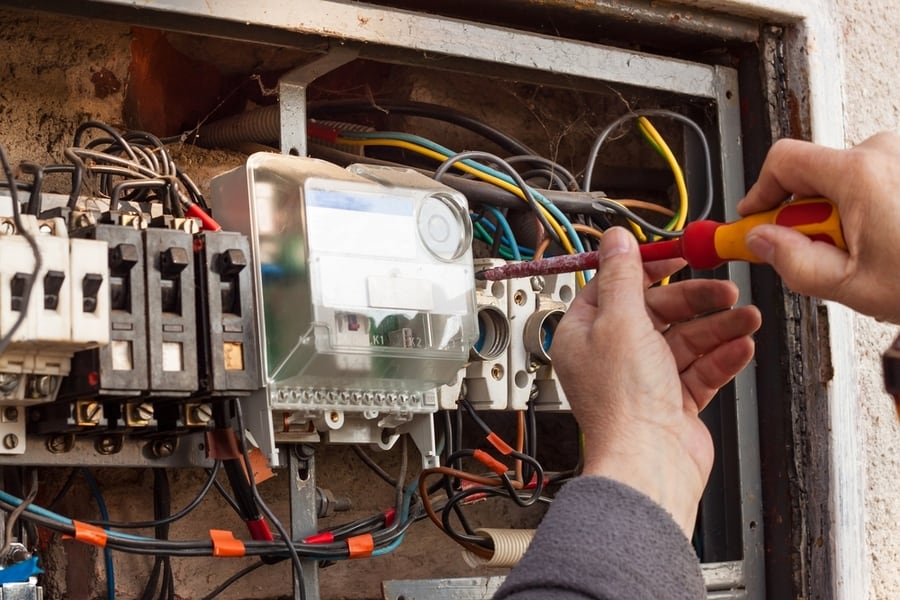
Housing societies are developing continuously due to the increase in population. The living standards of people are getting high day by day.
Heavy appliances such as ACs, dishwashers, vacuum machines, etc have become a necessity in every household.
Along with this technological boom has also come the need to replace the outdated fragile wiring with a new strong wiring system to bear this load.
Although the area wirings are being checked and replaced by the electric companies, many of the homeowners are still lacking it. Especially in older cheap homes, the problem is pretty imminent.
Since poor wiring can not keep up with the high voltage demands of certain appliances, a sudden drop in voltage each time an appliance is turned on can cause this major issue of dimming lights.
Solution
Rewiring your house can help avoid dimming lights due to heavy loads. You can consult an experienced electrician in this regard.
Although it might cost you a little high to replace the old wire with new strong ones, however, it will be beneficial in long term.
This will prevent your major appliances from facing big damage due to voltage problems and hence save your investment.
2. Weak Light Bulbs
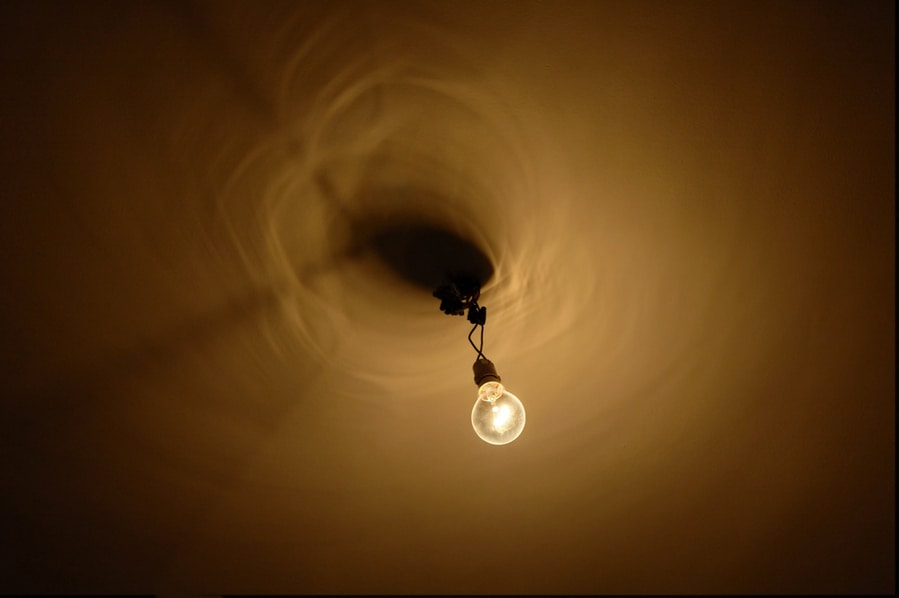
Due to continuous innovation, scientists are coming across new energy-efficient ideas.
The innovative technology is based on the principles of reducing energy consumption as much as possible while gradually increasing the performance of certain appliances.
The same goes for light bulbs. The traditional bulbs use to consume high energy while lacking to produce a brighter light. This can increase the chance of dimming and flickering of bulbs more than ever before.
In case you are using dimmer switches, you will notice this particular problem in discussion more often. This straight away indicates the problem with the light bulbs you are using.
Solution
If you are using compact fluorescent tubes, you will realize how often they blink and get fused every other day. This is your sign to shift to those energy-efficient light bulbs that go with the dimmer switch installed in your house.
You can replace the old bulbs with CFLs better equipped to run with your dimmer switch.
3. Overloading of Circuits
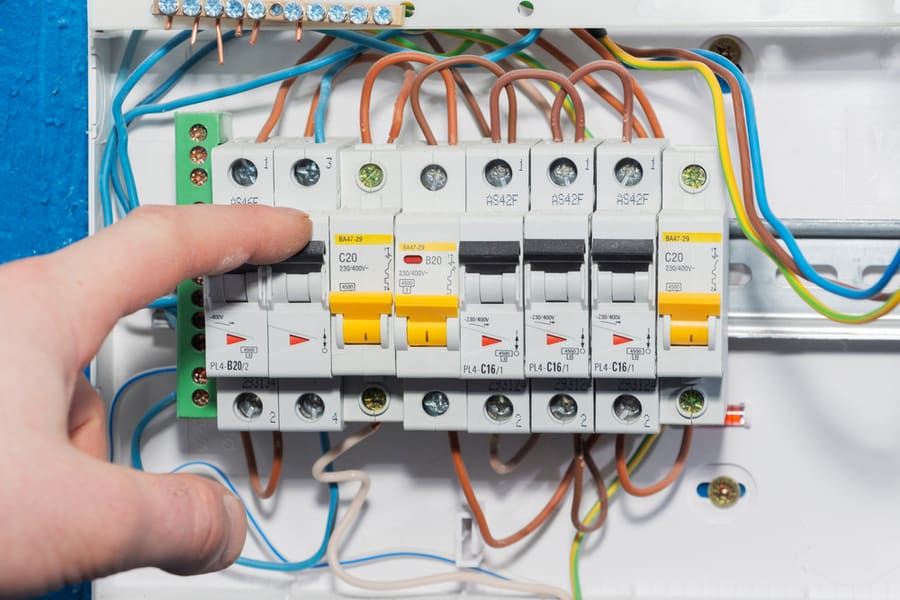
For management purposes, the residential circuits are allowed to draw a limited amount of power from the main power supply.
Since heavy appliances demand more power, switching on them at once can cause exceeding their limit causing overloading of the circuit.
As a circuit undergoes a heavy load, it can divide the voltage among all the running appliances and bulbs on it.
Since the heavy appliances pull more of the voltage, this event can cause all the lights on the same circuit to get dimmer immediately.
Solution
If you are facing the problem of dimming lights, you can inquire instead if the lights are on the same or different circuits. If they are on the same one, you can fix the heavy appliances on the other dedicated circuit to avoid the problem.
4. Issues With Power Grid
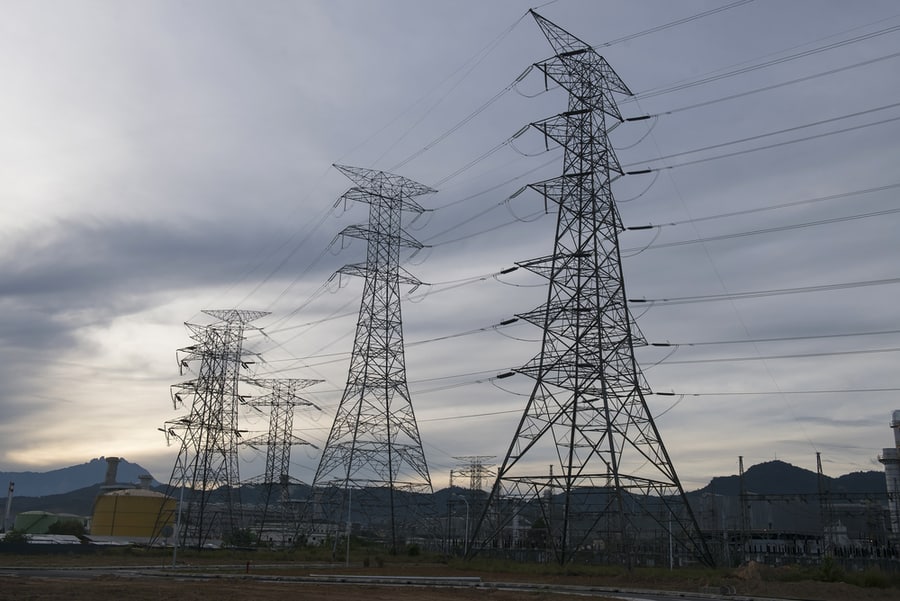
The local residential areas are often given a particular power source. This varies for industrial areas and other areas with relatively higher energy consumption.
Moreover, stormy weather can also cause the connections to your residential transformer to brownout.
To confirm the problem with the power grid, you can consult your close neighborhood. If they relate to the same concerns as yours.
Solution
You can talk with your electricity provider company. They can fix the problem by either resolving the issue with your transformer or by readjusting the power output to your area.
5. Poor Ground Connections
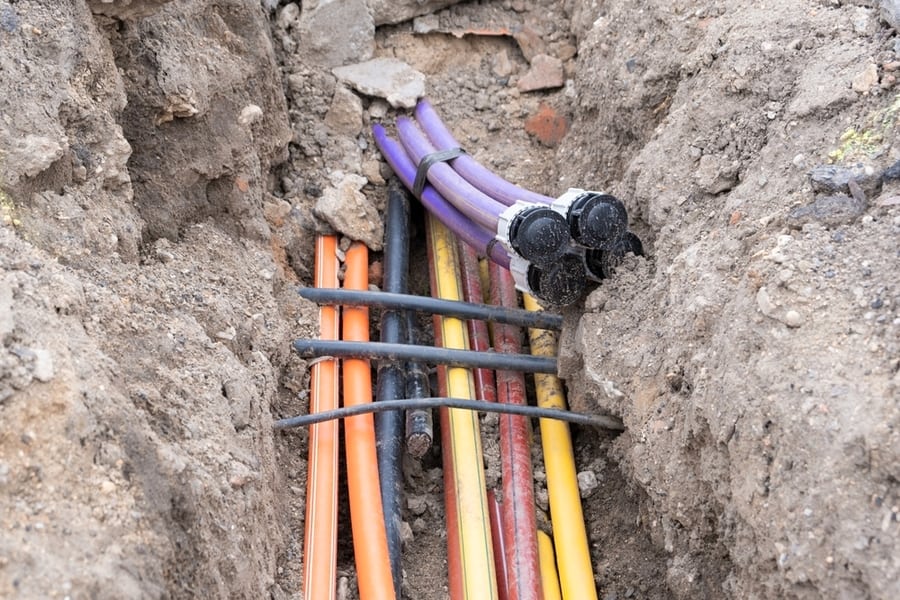
If you find some of the lights in your home continuously flickering the issue can be something really serious.
Fluctuations in the light from bright to dim and dim to bright can likely be caused by corrosion or loosening of the grounded neutral wire.
This problem can lie anywhere from the pole to the receptacle. The more dim the light is, the closer the problem is to the breaker box or the pole.
Solution
To correct this issue, you will again need to call your local power company. They will detect the problem and take the required steps needed for its fixation.
If you figure out the problem with the ground or neutral connections, make sure to resolve them as early as possible. Any delay in the fixation can spark the chance of a huge fire at any time.
Conclusion
The dimming of lights on turning on an appliance can indicate a serious issue with the electric connections in your home. Some issues can even be risky enough to light a fire at your place.
A quick fix is required to avoid the problem and ensure the proper working of your appliances.
The underlying reason behind the light-dimming phenomenon can be the use of outdated wires at your place. Overloading heavy appliances on the same single circuit can also result in this problem.
Sometimes, the issue can be easily fixed by replacing the old bulbs with new efficient ones.
In case of a problem with the power grid or poor ground connections, you can seek the help of your local electric company.
A swift action to address this issue can not only ensure your safety but also save your appliances from major damage.
Frequently Asked Questions
Should I Call a Professional Technician if the Lights of My House Dim on Turning On an Appliance?
Since the dimming of lights on turning on an appliance shows a problem with the electricity and the electric connection, make sure you do not check the problem without proper safety measures.
To keep yourself safe from any electric hazard, it is recommended to call a professional technician or your local electric company to check the problem.
Is Sudden Dimming of Lights an Indication of a Dangerous Issue?
Depending on the reason behind the sudden dimming of lights, the issue can vary from mild to even serious problems. It can be a representation of a very dangerous situation sometimes.
The incident can be sometimes dangerous due to the following reasons:
- A problem with the grounded or neutral wire can create a risk of fire or electricity with heavy appliances.
- A weakened power grid in your area can often result in the fusing of light bulbs or the smoking of heavy machinery at your home.
- Overloading on the circuit can often cause it to trip again and again.
- The insulation of cheap old wiring can often melt away when passing a high voltage. This can create a risk of short circuits.
You can avoid any such dangerous situation by quickly addressing the problem and fixing it on time.









